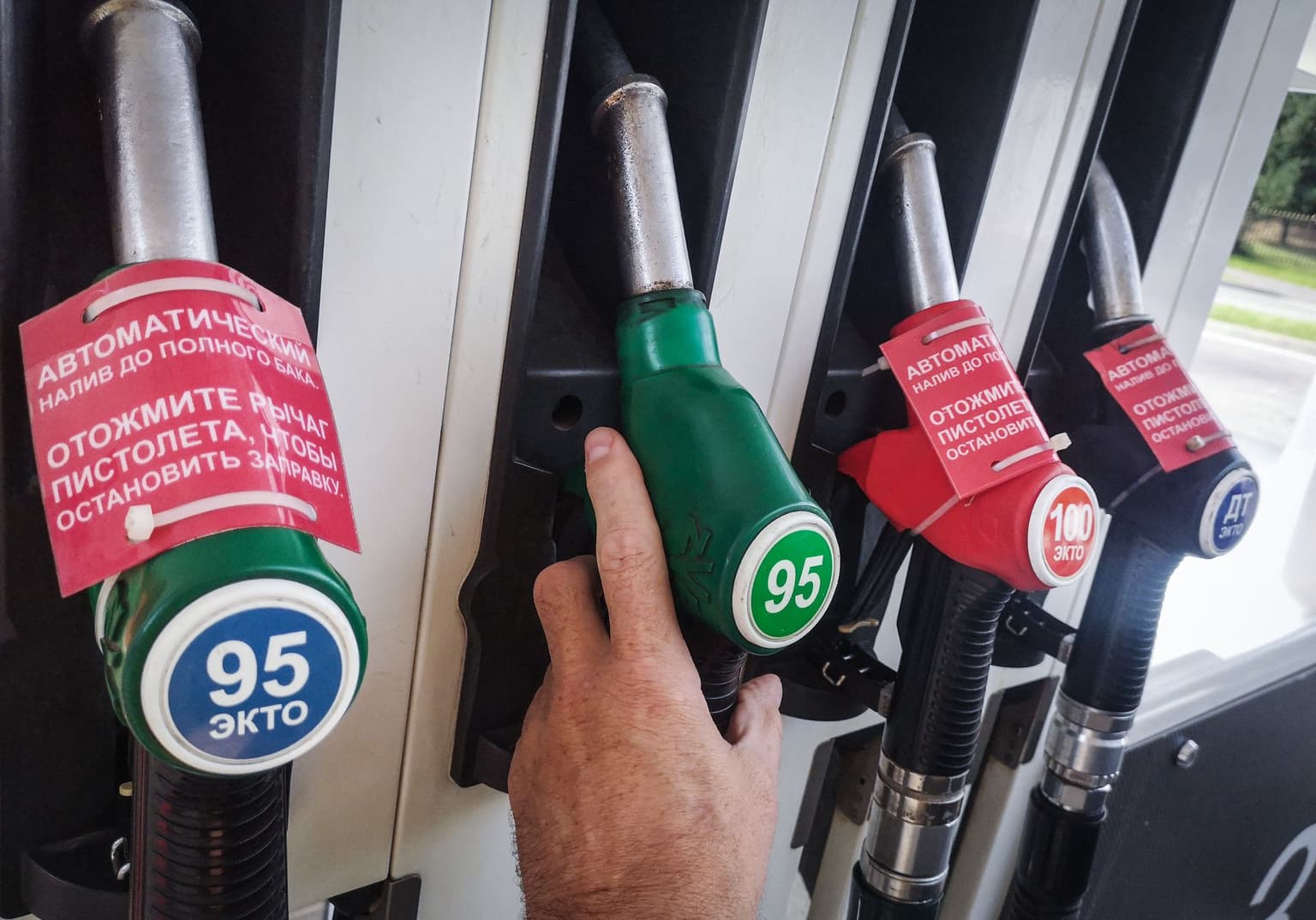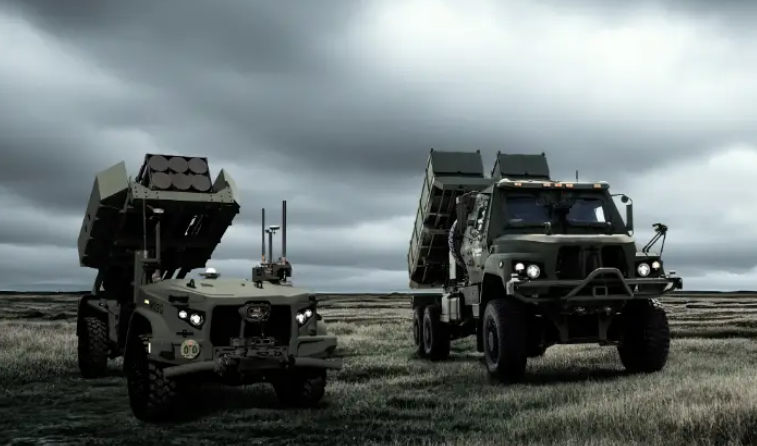Russia mulls price caps at gas stations, expert warns of mass 'out-of-stock' signs

Russia's Federal Antimonopoly Service has been asked to impose maximum prices at gas stations as fuel shortages worsen across the country, pro-government media outlet Izvestia reported on Oct. 14.
The proposal, initiated by the Russian National Automobile Union, comes amid a deepening supply crisis exacerbated by Ukraine's escalating drone strikes on Russian oil infrastructure.
The request urges to cap fuel prices using a regional index tied to 2024 averages and inflation levels.
"We consider it appropriate to introduce a price cap at gas stations — a special control mechanism," Anton Shaparin, head of the automobile union, told Izvestia.
The antimonopoly agency confirmed receipt of the proposal and said it would review it according to procedure, noting that it monitors fuel prices at 12,000 gas stations nationwide.
The fuel shortage, which began in late summer, has expanded into several regions as refineries struggle to maintain output amid repeated Ukrainian drone strikes.
Between July 28 and Sept. 22, the number of gas stations selling gasoline in Russia fell by 360, or 2.6%, according to the Russian pro-government media outlet Kommersant.
Restrictions on gasoline sales have since spread to the Tyumen and Sverdlovsk oblasts, following earlier limits in occupied Crimea and Chelyabinsk Oblast.
Oleksandr Talavera, professor of financial economics at the University of Birmingham, told the Kyiv Independent that a price ceiling without subsidies could worsen the shortages.
"With refinery output constrained by Ukrainian strikes, forcing retailers, especially independent ones who buy on the open market, to sell below replacement cost would mass 'out-of-stock' signs," he said.
Ukraine has intensified its campaign against Russian energy facilities in recent months, striking the same refineries multiple times. The Financial Times reported that at least 16 of Russia's 38 oil refineries have been hit by Ukrainian drones since August 2025.
Russian Deputy Prime Minister Alexander Novak acknowledged in September that the country faces a "small deficit" of petroleum products, which he said the government is trying to offset with reserves.
Fuel shortages are especially severe in occupied Crimea, where roughly half of gas stations have halted gasoline sales due to disrupted deliveries, Kommersant reported.
Across Russia's Southern Federal District, over 220 gas stations, about 14%, have suspended fuel sales.
Talavera said that while price controls might ease inflation in the short term, they would only succeed "if supported by budget subsidies and increased imports." Without those measures, he added, regional disparities in fuel availability would likely persist due to transport bottlenecks.
"In the long term, the caps, along with crisis subsidies, are likely to weaken incentives to repair and invest in damaged refining capacity," the expert added.
Despite the mounting crisis, Russian Finance Minister Anton Siluanov expressed confidence on Oct. 13 that "restrictions on the supply of the domestic fuel market will be overcome in the near future."
Kyiv continues urging Western allies to tighten sanctions on Russia's energy sector, arguing that depriving Moscow of oil revenues would further limit its ability to finance its war against Ukraine.











